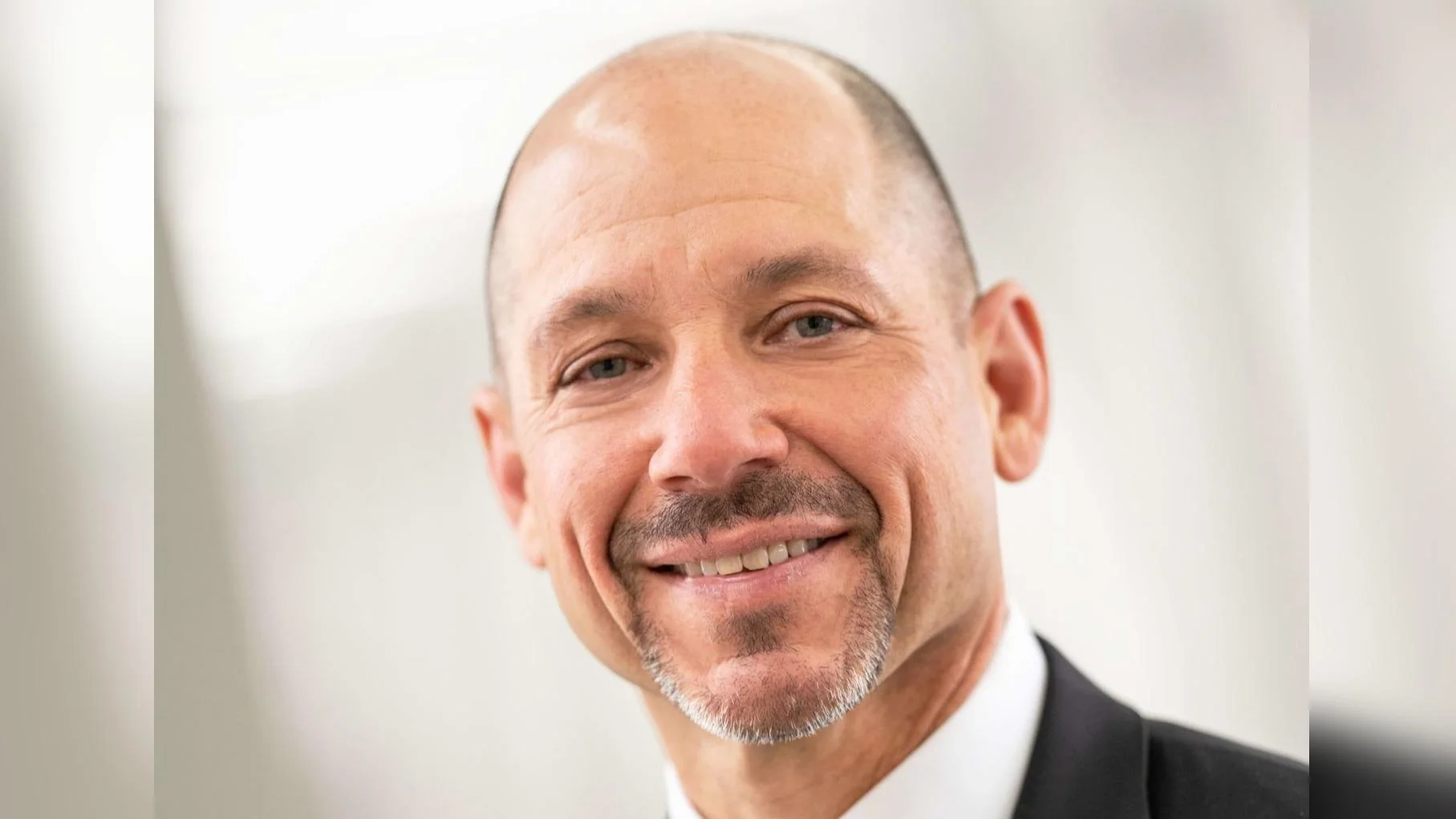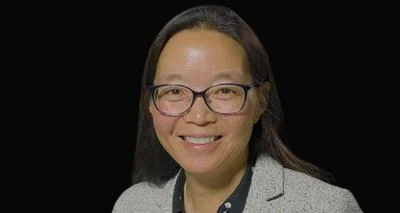Alan Kaplan MD CEO | U. of Wisconsin Hospital and Clinics
Alan Kaplan MD CEO | U. of Wisconsin Hospital and Clinics
Mental health support is a critical aspect of cancer care, as the psychological well-being of patients can fluctuate throughout their diagnosis and treatment. The UW Health | Carbone Cancer Center’s Cancer Psychology Clinic offers ongoing resources to address these needs.
"We see patients at all points in the cancer journey — from those who are treated in UW Carbone’s high-risk clinics to those who have completed their primary treatment or those who are receiving end-of-life care," stated Erin Costanzo, PhD, co-director of the clinic. She emphasized that referrals can be made at any stage of a patient's disease or treatment path.
Costanzo often encounters patients shortly after they receive a cancer diagnosis. It is common for individuals to experience a range of emotions during this period as they adjust to how cancer impacts their lives both immediately and in the long term.
"Our culture sometimes believes being mentally healthy means feeling good and that’s not how psychologists think," said Costanzo. "It’s normal to be upset about a cancer diagnosis and it's important to allow for worry, fear, sadness and other intense emotions without equating these feelings with a mental health problem."
The clinic provides support not only for emotional challenges but also for managing symptoms such as sleep disruption, fatigue, and poor appetite. Costanzo clarifies misconceptions about seeking psychological help: "Sometimes people think, 'If I go to see a psychologist that means I have a mental health problem or I’m coping the wrong way,' And that's not the case; it’s common to struggle."
Support extends beyond psychology sessions. Patients have access to oncology behavioral health providers, social workers, nurse navigators, and community programs like support groups.
Dr. Marina Sharifi, specializing in breast cancer oncology, regularly checks on her patients' mental well-being throughout their treatment plans. "It's really hard to get a cancer diagnosis," she noted. "And then we're talking about treatment that has a huge impact on your life."
Sharifi discusses medications that may help manage anxiety and depression when appropriate. She addresses patient concerns that negative emotions could affect treatment efficacy by reassuring them otherwise: "Cancer is already really hard, and you shouldn't be hard on yourself [for how you feel]."
Costanzo highlighted challenges faced by patients transitioning from active treatment to follow-up care. Concerns often include managing long-term effects of cancer or its treatments.
"It's common to go into 'survival mode' during active treatment," she explained. Once intensive phases conclude, there can be difficulties adjusting back to regular routines.
Both professionals encourage struggling patients at any stage of care to seek available assistance through their healthcare team. There is no fixed plan for services offered by the Cancer Psychology Clinic; instead, they are customized based on individual needs and goals.
"We usually work with patients in a focused way for a brief period of time — to shore up coping skills," Costanzo added. Appointments do not require long-term commitments; some patients may only need one session or return episodically as new challenges arise.





 Alerts Sign-up
Alerts Sign-up